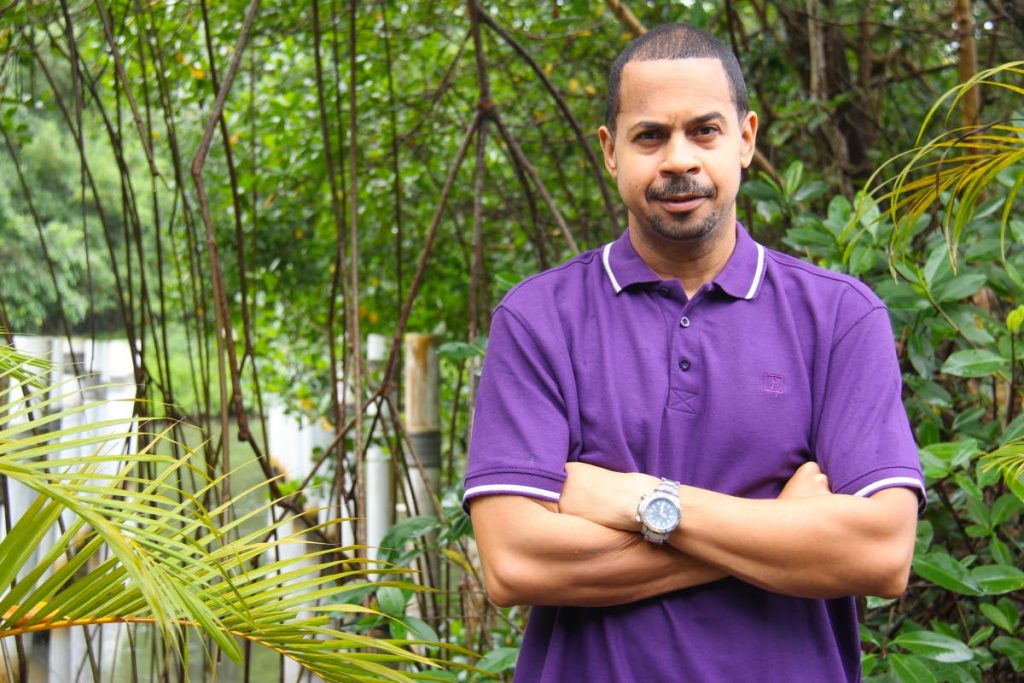The hopeless stateless

THE HEART-RENDING video of Trini-in-exile Joanne Pantin was uncomfortable watching for many, but not everyone. Pantin is one of the thousands caught outside of TT when the borders were shut.
The border closure remains the right decision. Few can dispute that. The trialled incapacity of the health sector to grapple with a medical crisis on any scale demanded drastic measures. Still, four months on, closed borders, mounting costs and uncertainty are taking a heavy toll on our people caught outside when the borders snapped shut.
There are harrowing tales of citizens struggling to feed and shelter themselves. Some covid19 refugees have had to be taken in by strangers or face living on the streets. Others are down to eating one meal per day.
This out-of-sight, out-of-mind problem means many Trinis at home, those without loved ones stranded abroad, have no clue of the challenges the exiled face. It's the sort of mental anguish that can't be softened by cooing voices telling desperate people to “hold strain.”
Of all the hardships faced by these people, perhaps the most corrosive is the not knowing. Not knowing when exemptions will be granted. Not knowing when the patience and kindness of their hosts will expire. When will e-mails sent into the void get a reply? What's happening with the job/business/family back home?
Interestingly, Joanne Pantin's video caught fire. The timing of the CPL announcement and fallout that followed probably gave it a lift. There were, however, other similar videos preceding Pantin's impassioned appeal.
The PM's peculiar presser last week addressed Pantin's pleas indirectly. Unfortunately, Dr Rowley chose to belittle the trauma endured by fellow citizens with the flippant remark “...who gets on television first and who cries on television...”
Hitting the policy gong hard, the PM emphasised that the State's approach to managing the return of citizens has to be a “nameless, faceless exercise.” Inadvertently, Rowley hit the crux of the problem: the hazy nature of this so-called policy.
The day before the PM's rambling news conference, Minister of National Security Stuart Young addressed growing disquiet by announcing that, up to that point, the Government
had granted 4,515 exemptions. Without any contextualisation of that figure, Young
opened the floor to speculation.
The public had to wait another day to get an answer to how many of that figure have returned to TT, and we didn't get it. The PM, when asked just that, said of the 4,515, “the majority” had returned. So it's possible that 4,514 came back. Where and when did all of those people quarantine, given the repeated concerns we've been fed about the limitations of our quarantine facilities?
At the PM's news conference, Rowley was asked whether exemptions are being given to Trinis in the US. The question was raised in the context of the Government's repeated reference to the high infection rates in certain states. People stranded in the US would like to know if their exemptions wouldn't be viewed favourably because of where they are. Still, no clear response. The only mention of the US angle was that politicians Penelope Beckles and Barry Padarath were able to return from the US.
In his extempo on the crisis, the PM also poured cold water on the idea of extending help to any individual citizen abroad because it would trigger a #what about me movement.
The very next day, Stuart Young, the PM's Victor Jovica, tagged into the ring with a surprise announcement that the Government would be extending, through its missions abroad, “some money” to citizens affected by the borders closure. Nearly four months into the closure, the State suddenly sees a role for overseas missions in this carnival of madness.
Young was, of course, short on details about the rolling out of this mission of mercy. What criterion will determine who is most in need? Is this a one-time payment? Will it be retroactive? Where did I leave my car keys?
It would be a shock if any of this proposed relief materialises before the election. Last week's flurry of news conferences suggests the exact opposite of a “managed return of citizens.” What we saw were knee-jerk reactions to public pressure, stripping bare the absence of a repatriation policy.
The Government would do well to remember that in it's sworn oath to protect the 1.4 million citizens of this nation, the people exiled abroad are part of that number.

Comments
"The hopeless stateless"